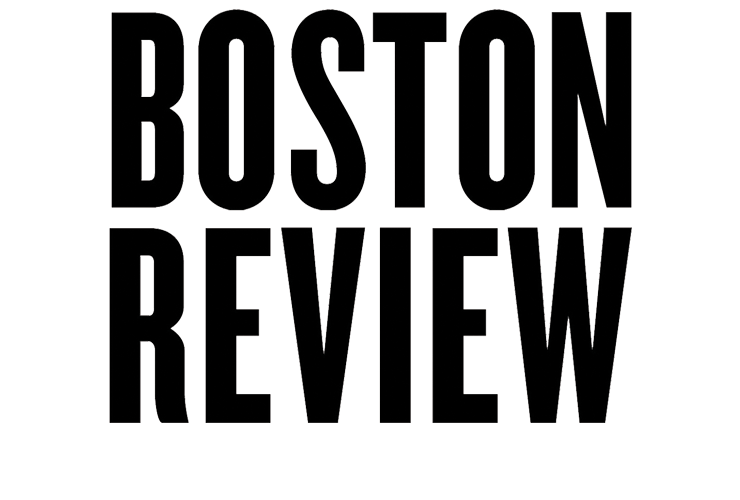Junot Díaz has been Boston Review’s fiction editor since 2003. Like many others, we were deeply moved by Junot’s recent essay in the New Yorker describing his experience as a child victim of rape, and also struck by his acknowledgment in that essay that he had hurt people with his “lies and choices.” Also, like many others, we have been disturbed by recent reports from women who have come forward to describe the ways they were hurt by him. We have read their reports carefully, taken their complaints seriously, and thought hard about how we should respond.
On the basis of what we have learned, we have decided to continue our editorial relationship with Junot. We want to give a few words of explanation.
First, during his 15-year tenure as fiction editor, we have never received any complaints about Junot’s conduct, either from our staff or from writers.
If we were only an employer, that might be the end of the discussion. But issues of gender and race are at the heart of our mission. Because of Junot’s important public role, we cannot narrowly confine our attention to his role as our fiction editor.
Second, then, we do not think that any of the individual actions that have been reported are of the kind that requires us to end the editorial relationship. To be clear: we do not condone the objectionable behavior that they describe. Instead, we asked ourselves whether the conduct they report is of a kind that—given his role and our mission—requires us to end the editorial relationship. We do not think so. The objectionable conduct described in the public reports does not have the kind of severity that animated the #MeToo movement.
Third, we considered whether, as some have suggested, the complaints point to a larger pattern of abusing power—the kind of star power that has attached to Junot as a successful writer, editor, and public intellectual. On the basis of a careful review of the public complaints, we think not. The events they characterize—including several episodes of aggressiveness in public discussion—are dispersed over a long stretch of time, and do not, as we see it, show the characteristics, repetition, and severity required to establish such a pattern.
In addition to reviewing the public reports—and in the absence of an independent public investigation that we could rely on—we thought it was important to do further diligence, particularly with women writers of color in the world of literary fiction. Our aim was not to assess the accuracy of the public complaints, but rather to evaluate the pervasiveness of the reported problems.
What we heard about Junot from the people we contacted was consistent with our experience of him in his role as editor. We heard about a supportive editor and mentor who had opened doors for people. During his tenure as fiction editor, we have published more than 100 emerging writers, more than two thirds women, and many of them women of color and queer writers. Because of his efforts, we have been able to launch some amazing writers, and publish fantastic literary fiction and political essays that align so strongly with our democratic mission.
To be very clear: these observations are not offered in the spirit of some kind of cost-benefit analysis, as if great editorial contributions would compensate for an abuse of power. Instead, as we have said, we do not see a pattern of such abuse.
We recognize that #MeToo aims to expose abuses of power beyond conventional understandings. We welcome a conversation around those issues, even as we announce our decision about the particular question that we face.
We know that some people will disagree with our decision. Not everyone associated with Boston Review agrees with everything we say in this letter. That is how it should be. These are complex issues. Reasonable people—who share our commitment to gender equality and are also fighting against biases in the publishing industry that marginalize women of color in particular—will come to different conclusions. Our obligation is to give this serious issue thoughtful consideration, listen carefully, consider the substance of the allegations, weigh the different things we have heard, acknowledge our own predispositions and potential biases, and make our best judgment. We take this obligation seriously and hope we have discharged it properly.








